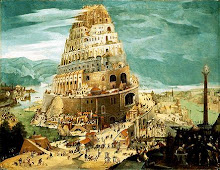The traditional definition is called “libertarian” or “deep” free will. It holds that humans are free moral agents whose actions are not predetermined. ... Whatever choice you make is unforced and could have been otherwise, but it is not random. ...There it is right there. Science, almost by definition, results in either "cause" (determinism) or "random" (probability) and nothing else. There is no way to even define or test the existence of "purpose" or "intent" or "choice" or "responsibility" and so on with a scientific investigation.“That strikes many people as incoherent,” said Dr. Silberstein, who noted that every physical system that has been investigated has turned out to be either deterministic or random. “Both are bad news for free will,” he said. So if human actions can’t be caused and aren’t random, he said, “It must be — what — some weird magical power?”
... But whatever that power is — call it soul or the spirit — those people have to explain how it could stand independent of the physical universe and yet reach from the immaterial world and meddle in our own, jiggling brain cells...
The real question is then, does that mean all of these are "magic?" Derived or illusory or "emergent behaviors" which we simply name choice to describe the result of a complex system?
And of course, if this is all magic, then so is reason or any thought you have right now. You're not "reasoning" you're just responding deterministically or randomly to a variety of inputs as am I. Does that seem right?


No comments:
Post a Comment